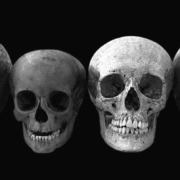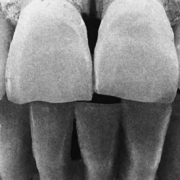Although it remains a fascinating and sometimes macabre question whether one is allowed to possess a human skull, behind it unfolds a dense and intricate forest of ethical, legal, and cultural considerations. Law enforcement agencies, lawyers, and even private collectors sometimes find themselves confronted with human remains, whether in the course of professional forensic investigations, academic research, or simply out of a passion for collecting. Drawing on my extensive experience and profound knowledge of this subject, I aim to illuminate the legal, ethical, and cultural-historical foundations that must be considered in this context in a comprehensive and neutral guide for those who wish to explore the phenomenon of the death cult more closely.
Posts
It was a foggy winter morning as I trudged through the thicket of a dark forest with a police officer, the leaves crunching under my boots. The world seemed to be sunk in a gloomy silence, only the distant rustling of the wind in the tree canopies breaking the stillness. Suddenly, I stopped. A strange smell wafted into my nose – not just damp earth, but a mixture of decay and something metallic. My heart began to beat faster, and my gaze fell on a pile of leaves that were oddly disturbed.

